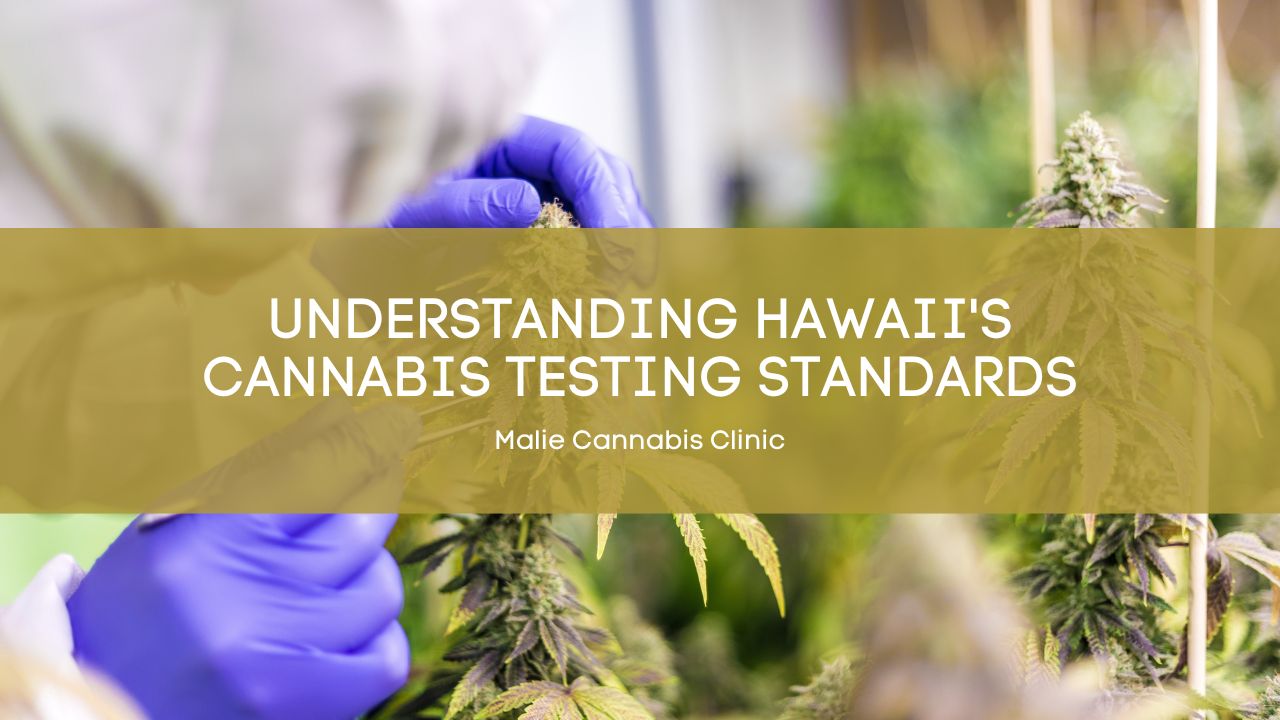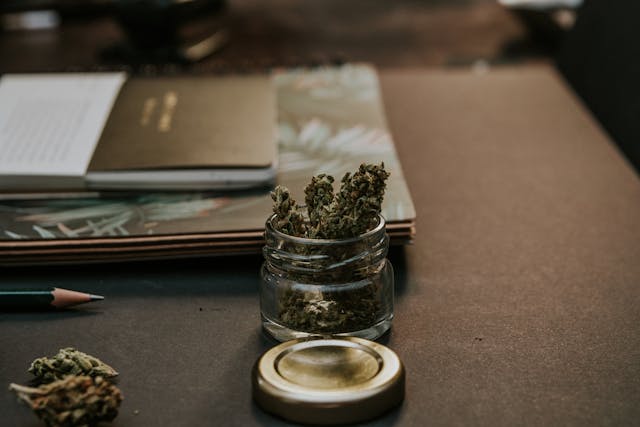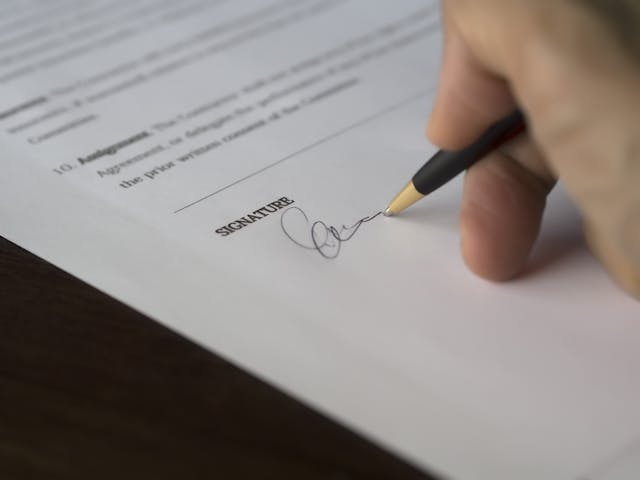
With the growing legalization of medical cannabis in many parts of the United States, including Hawaii, ensuring the safety and quality of cannabis products has become a top priority. Cannabis testing is crucial to ensure that the products reaching consumers are free from harmful contaminants and contain the correct potency levels.
In Hawaii, specific regulations govern the testing of marijuana and marijuana products, ensuring a safe market for consumers. Whether you're a consumer or part of the cannabis industry, understanding Hawaii's cannabis testing standards is essential to ensuring compliance with local laws.
Here are the most important aspects of cannabis testing regulations in Hawaii, including the requirements for laboratories, licensing, and local rules that ensure the safety of cannabis products sold in the state.
The Local Rules That Govern Cannabis Testing Facilities
In addition to the overarching state regulations governed by the DOH, there are also specific local regulations that medical cannabis testing facilities in Hawaii must follow.
Local ordinances can impact where a testing laboratory can be located and how it operates. These regulations are designed to ensure that cannabis testing laboratories operate safely and do not pose a risk to public health or the environment.

For example, local zoning laws may dictate where a cannabis testing laboratory can be situated, ensuring it is appropriately distanced from schools or residential areas. Additionally, local environmental and waste disposal regulations ensure that laboratories handle and dispose of potentially hazardous materials in a safe and environmentally friendly manner.
Staying compliant with both state and local regulations is essential for any cannabis testing facility to continue operating legally in Hawaii.
Is Marijuana and Marijuana Product Testing Mandatory in Hawaii?
Yes, Hawaii requires mandatory testing for all marijuana products that are sold or distributed to consumers. The purpose of this testing is to ensure the safety and quality of cannabis products before they reach the public.
Testing laboratories analyze various components of the products, such as their potency levels (to check the amount of THC or CBD), as well as for harmful contaminants like pesticides, mold, heavy metals, and residual solvents.
The Department of Health (DOH) is responsible for overseeing the testing standards for medical marijuana in Hawaii. According to Hawaii law, no marijuana product can be sold to the public unless it passes through rigorous testing to ensure it meets safety and quality standards.
This ensures that patients receiving medical cannabis can trust that the products they are using are both effective and safe.
Certifications Required for Cannabis Testing Labs
In Hawaii, marijuana testing laboratories are required to obtain specific accreditations to operate legally. First and foremost, a laboratory must be accredited by the International Organization for Standardization (ISO), specifically under the ISO/IEC 17025 standard.

This standard ensures that laboratories are competent to perform specific tests and calibrations, confirming that they are using proper methodologies and producing reliable, consistent results.
The DOH requires that all testing laboratories also follow Good Laboratory Practices (GLP) guidelines. These guidelines ensure that laboratories maintain the highest standards of quality control and testing accuracy. Additionally, laboratories must adhere to Hawaii's specific testing protocols, which include analyzing products for various cannabinoids, microbiological contaminants, heavy metals, residual solvents, and pesticides, among others.
Steps to Obtain a Cannabis Testing Lab License in Hawaii
If you're interested in opening a marijuana testing laboratory in Hawaii, the first step is to apply for a license through the Department of Health (DOH). Applicants must demonstrate their ability to meet all testing standards, including accreditation under ISO/IEC 17025 and compliance with local regulations.
The application process involves submitting detailed documentation about the laboratory’s procedures, equipment, and personnel qualifications. Laboratories must have a robust quality assurance system in place and adhere to all health and safety requirements mandated by the state.
Additionally, the DOH may conduct on-site inspections to ensure the laboratory is equipped to perform the necessary testing accurately and safely.
After reviewing the application and ensuring that all requirements are met, the DOH will grant a license, allowing the laboratory to begin operations. Regular audits and compliance checks are conducted to ensure that the laboratory continues to meet Hawaii's stringent testing standards.
Does Hawaii Issue Licenses to Independent Cannabis Testing Labs?
Yes, Hawaii licenses independent marijuana testing laboratories to carry out the required testing for marijuana and marijuana products.
These laboratories are not allowed to be owned or operated by any marijuana dispensary or cultivation facility, ensuring an unbiased and objective analysis of the products. This independent model is designed to prevent conflicts of interest and ensures that testing results are trustworthy and accurate.
.jpg)
Testing laboratories must comply with state regulations and standards established by the DOH, ensuring consistency across the industry. By licensing independent testing facilities, Hawaii guarantees that the testing process is transparent, impartial, and free of any potential influence from businesses that produce or sell cannabis products.
The Costs Associated with a Cannabis Testing Lab License
The cost of obtaining a marijuana testing laboratory license in Hawaii can vary, depending on the specific requirements and associated fees set by the Department of Health (DOH). Typically, there are initial application fees, followed by yearly renewal fees to maintain the license.
It is important to note that apart from the licensing fees, laboratories will also need to invest in the necessary equipment, personnel, and operational expenses to meet the rigorous standards required for cannabis testing.
The ISO/IEC 17025 accreditation and continuous maintenance of high-quality testing protocols can also add to operational costs. Potential applicants should factor in these costs as part of their business planning.
Bottomline
Hawaii has implemented strict cannabis testing standards to ensure that marijuana products sold to consumers are safe, effective, and free from harmful contaminants. Independent testing laboratories are licensed by the state and must meet high standards, including ISO/IEC 17025 accreditation and compliance with both state and local regulations.
These labs perform essential testing to measure the potency of cannabis products and detect any harmful substances, ensuring consumer safety and product quality.
At Malie Cannabis Clinic, we are committed to helping both consumers and industry professionals navigate the complex landscape of Hawaii's cannabis regulations.
Whether you're a patient looking for trustworthy products or a business seeking guidance on compliance and licensing, we're here to support you. Contact us today to learn more about how we can assist with your cannabis needs and help you stay compliant with Hawaii's stringent standards!